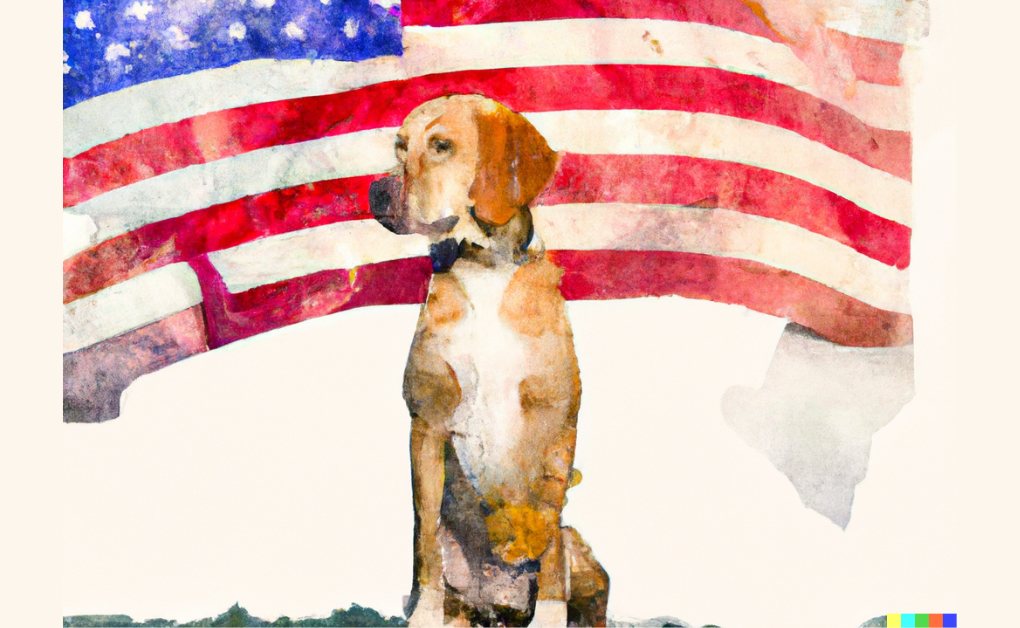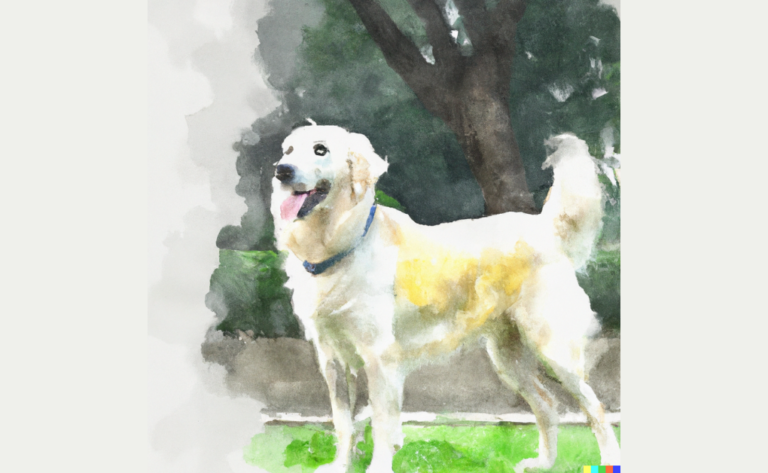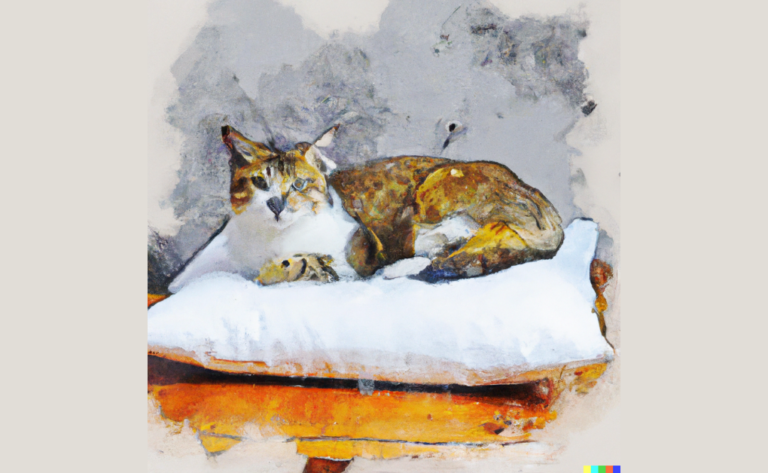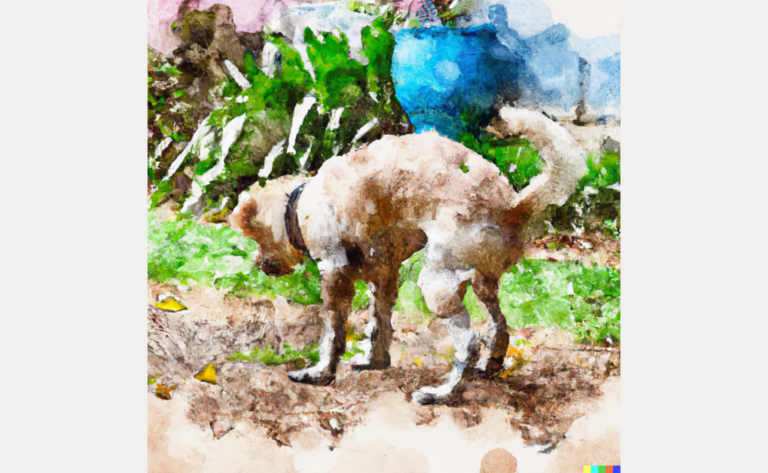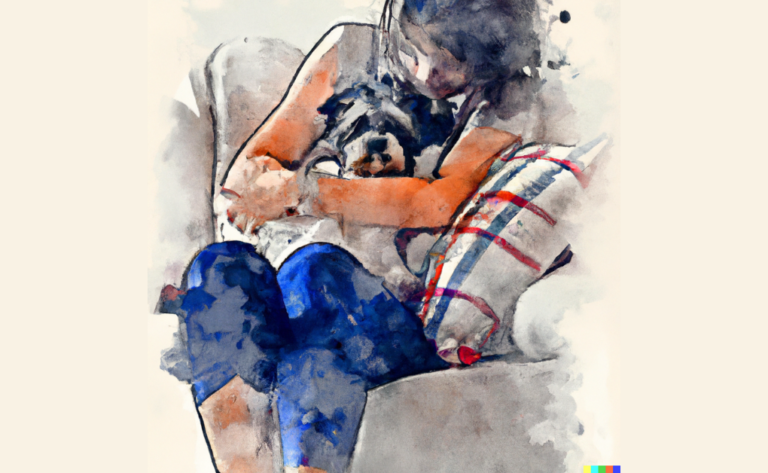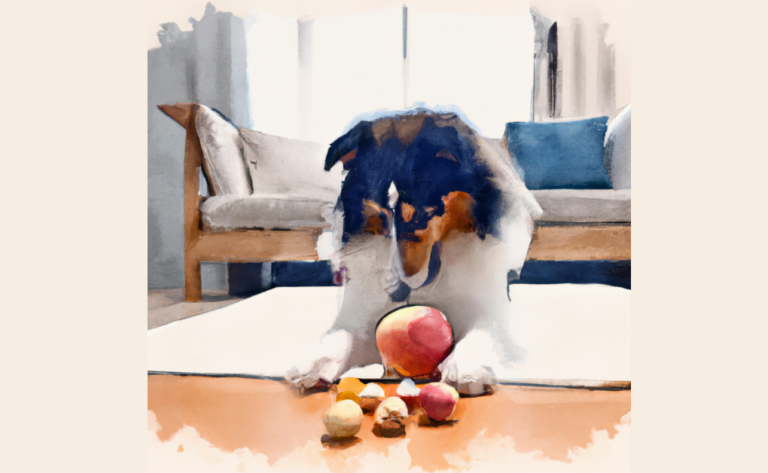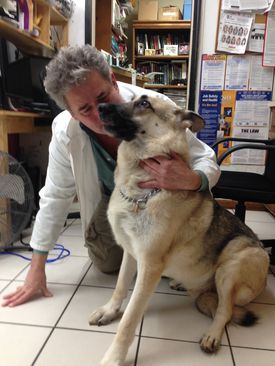4th of July Tips & Dangers for Pets
Introduction
As the 4th of July approaches, Sarah is filled with excitement and anticipation for the celebrations, but she is also increasingly worried about her two fur-babies, Bella, a timid collie, and Whiskers, an adventurous cat. She has heard horror stories of pets being traumatized or injured by the fireworks and festivities that accompany Independence Day.
The Fourth of July is a time of celebration, but pet parents should know the potential risks the summer festivities can bring to their furry friends. While Independence Day holiday activities like fireworks showers, barbecues, and picnics can create special memories, they may also pose significant dangers to pets if proper precautions aren’t taken.
By being proactive about safety for the Fourth of July celebrations, anyone with four-legged family members can ensure that everyone involved will have a great (and safe!) independence day! Here are some 4th of July safety tips you need to know.
Preparing in Advance
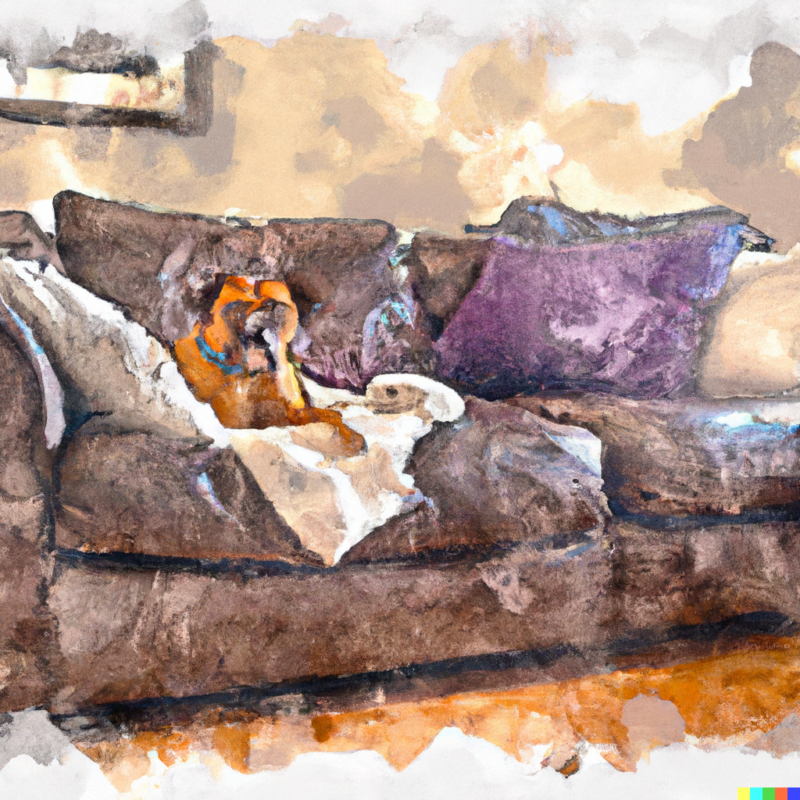
Preparing in advance for any potential emergency is essential to ensure the safety of your pets. Taking a few simple steps can make all the difference in protecting them.
First, ensure that all cats and dogs have an up-to-date identification tag, and consider microchipping them. Even though microchips seem like something out of a sci-fi novel, according to the American Veterinary Medical Association, they help 52% of lost dogs and 38% of lost cats reunite with their owners.
Additionally, take a current photo of each pet so you can quickly identify them if needed. Furthermore, animal control services have observed a 30% boost in lost pets between July 4th and 6th, just 14% of which found their way back to their owners.
Second, ensure that the environment is safe and secure for animals. For example, provide no hazards, such as broken glass or sharp objects, that could injure your pet if they escape during an emergency. Finally, keep a list of local veterinarians and animal shelters in case you need assistance caring for your pet during an emergency.
After the Celebrations
After the celebrations, taking a few extra steps is essential to ensure your pets’ safety. Inspect your yard for any fireworks debris that may have been left behind, and remove it. Check both your yard and home for food scraps or other dangerous items that may have been left behind by guests. It is best to leave pets at home when attending July celebrations, and consider putting them in a safe, escape-proof room or crate.
In addition, it is essential to prevent your pets from getting close to sparklers, glow sticks, fireworks, charcoal, and kabob skewers. Provide access to shady spots and plenty of outdoor water; never leave your pet in a car when it’s warm outside. If you’re going away for the holidays, you may want to arrange for a pet sitter or have them boarded in a kennel instead of bringing them along.
Tips to Ensure Your Pet’s Safety on the Fourth of July
Make sure your pet is happy and secure this 4th of July by following these tips. Fireworks, noises, and unfamiliar people can all cause animal stress and anxiety, so here are some ideas to ensure your pet enjoys the holiday without any unnecessary risks.
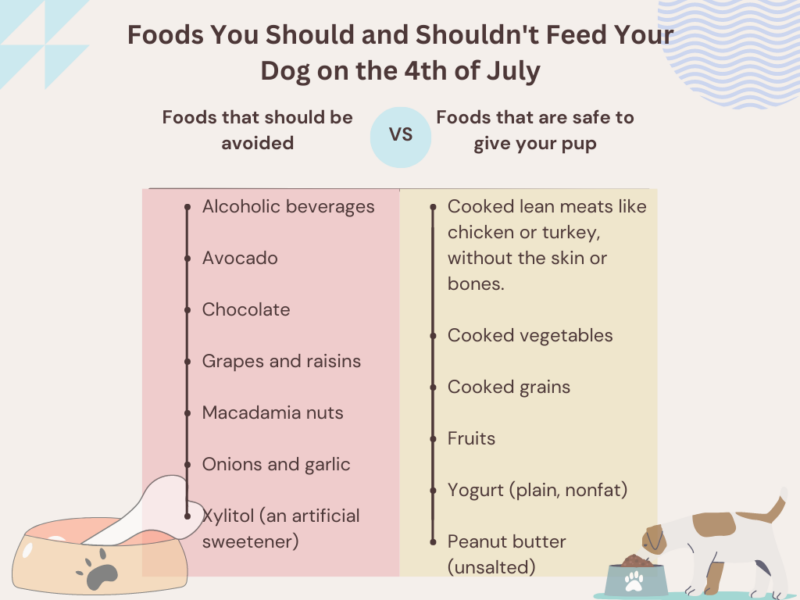
Make Sure Your Pet Stays Inside All the Time!
Keeping your pet indoors is the best way to ensure their safety. Fireworks and other loud noises can cause pets to panic and attempt to escape, even if they are used to being outside. This can lead to fear and disorientation in pets and attract malicious people who may throw fireworks at animals—keeping your pet inside a few days before the holiday is essential, as veterinary clinics are often busy on July 5th due to panicked and injured pets from the previous day’s festivities.
To further protect your pet, creating a safe indoor environment is essential. Ensure all windows are closed, and curtains are drawn so they cannot see or hear fireworks going off outside. Please provide them with plenty of toys and treats to have something positive to focus on during this time. Additionally, ensure your pet has access to a quiet area where they can retreat if they become overwhelmed by the noise outside.
Keeping Dogs Away from Fireworks is Essential
Fireworks can cause severe burns, trauma to pets, and potential poisoning from the toxic substances in unused fireworks. Therefore, keeping pets away from fireworks, both lit and new, is essential. If fireworks are nearby, it is best to keep dogs and cats indoors in a safe place, such as a windowless room with a comfortable dog bed and blankets. This will help reduce the risk of fireworks injury or trauma caused by loud noises or bright lights associated with fireworks displays.
It is also essential to be aware of the potential dangers posed by unused fireworks. Unused fireworks may contain toxic substances such as arsenic and potassium nitrate, which can be harmful if ingested by pets. To ensure your pet’s safety, it is best to store all unused fireworks in a secure location away from your pet’s reach. Additionally, it is essential to supervise your pet outdoors during fireworks displays or near areas where fireworks may be used. Also, ensure to have a fire extinguisher nearby.
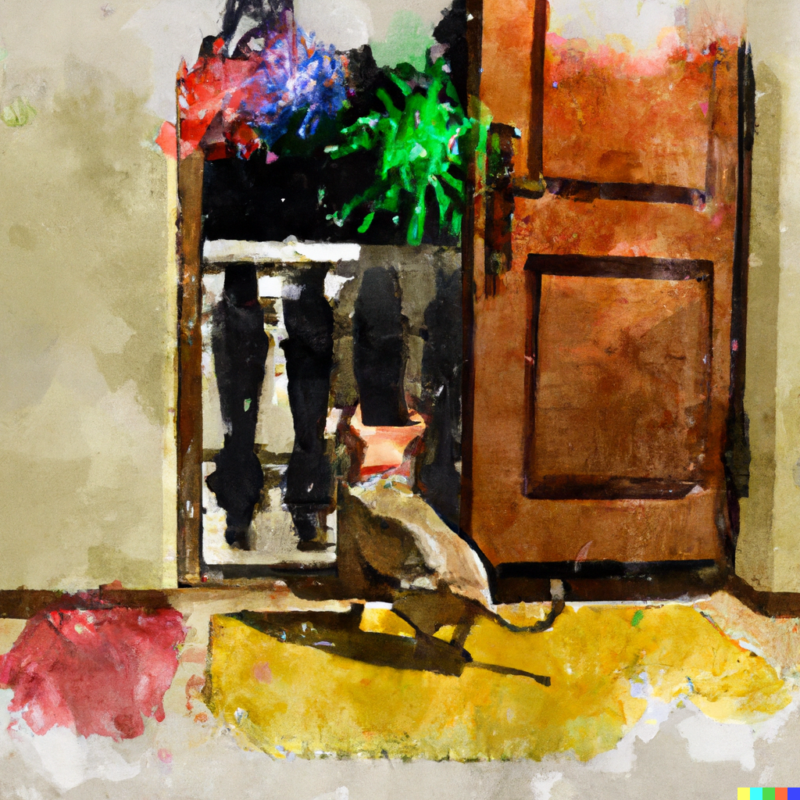
Do Not Allow Your Pet to Have Access to Glow Jewelry
Glow jewelry can be fun and festive to celebrate special occasions, but keeping them away from pets is essential. Ingestion of glow jewelry can cause excessive drooling, gastrointestinal irritation, and intestinal blockage if large plastic containers are swallowed. Pets are also more sensitive to loud noises, flashing lights, and strong smells, so it is best to keep them indoors on days when fireworks may be set off. When you take your pet outside, ensure it is on a leash and that you have direct control.
It is important to remember that glow jewelry can be dangerous for pets if ingested, so it is best to keep them away from curious noses and mouths. If you have glow jewelry around your pet, ensure it is stored securely where they cannot access it. Supervising your pet while outside or playing with other animals is also essential in case any items get lost or broken. These precautions can help ensure your pet stays safe and healthy.
Alcoholic Drinks Poison Pets
Pets can be highly vulnerable to alcoholic drinks, and even a tiny quantity of alcohol could result in severe intoxication, coma, or even death as a result of respiratory failure. In addition, beer is dangerous for cats and dogs because of its alcohol and hop content. Therefore, it is vital to keep all types of alcoholic drinks distant from animals and other items that include alcohol, such as citronella candles, insect-repellent coils, matches, lighter fluid, tiki torch oil, or human sunscreen. If these products are consumed or come into contact with them, it could lead to skin or stomach discomfort, disturbed blood cells, difficulty breathing, and other medical issues.
It’s best to look for pet-friendly alternatives when applying insect repellent or using any of the above products around your pet. If you suspect that your pet has ingested any of these substances, contact your veterinarian immediately for advice on how to proceed. Pets are particularly vulnerable to the effects of alcohol and should never be given any alcoholic beverage under any circumstances.
An I.D. Tag and Collar Can Help to Keep Your Pet Safe
It is essential to ensure your pet’s safety by providing them with a collar and I.D. tag. The collar should be fitted properly and securely, and the I.D. tag should include your contact information in case your pet gets lost. It is also important to microchip your pet and register the chip with your current contact information. This will help animal control or shelters reunite you with your pet if they are ever lost.
In addition to wearing a collar and I.D. tag, there are other steps you can take to safeguard your pet during fireworks displays. First, create a comfort zone in the house for them to retreat when fireworks start going off. Consider using a crate as well, as this can provide a temporary confined space with cushioned foam that will make them feel safe and secure. Lastly, ensure they have access to plenty of water and food to remain comfortable throughout the display.
Make Sure Your Pet’s I.D. is Updated
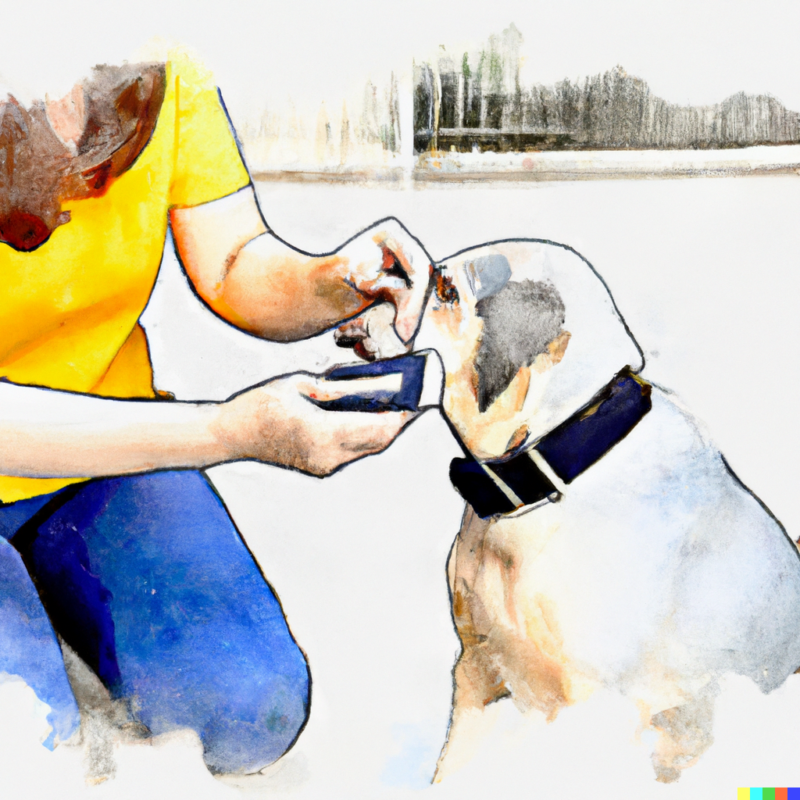
Having your pet correctly identified is essential in ensuring their safety and security. It’s vital to ensure your pet has microchip identification and an I.D. tag with their name and contact details. This way, they can be easily identified and returned to you if lost. Collars with titles, dog tags, and GPS tags/collars are all ways to identify pets correctly. Microchipping is the most reliable way to ensure your pet can be determined if lost. Talk to your vet about microchipping your pet for security and peace of mind.
It’s also a good idea to have a recent picture of your pet in case you need to put up signs or post them on social media if they become lost. This will help people recognize them more efficiently so that they can be returned home safely. In addition, knowing that your pet is adequately identified will give you peace of mind knowing that if something were to happen, you would have a better chance of finding them.
Don’t Put Insect Repellant on Your Pet that Isn’t Specifically for Pet Use
It is essential to be aware that applying insect repellant or sunscreen not explicitly designed for pets can be dangerous and even toxic to them. Insect repellants containing DEET should never be used on pets, as they can cause neurological issues. Products with DEET are highly toxic to animals and can cause drooling, vomiting, diarrhea, excessive thirst, and lethargy. Pet owners should instead look for pet-safe sun protection products available on the market.
When outdoors with your pet, it is best to find an alternative to human sunscreen and bug spray for pets, such as staying in the shade or indoors if possible. If you must use a product on your pet, make sure it is designed for pet use. Be sure to read the label carefully and follow all instructions provided by the manufacturer. Additionally, talk to your veterinarian about any questions regarding insect repellents or sunscreens for your pet.
Store Matches and Lighter Fluid Securely to Prevent Your Pets from Accessing Them
Matches and lighter fluids can present a serious health risk to pets if they come into contact with them. Partners have hazardous chemicals like potassium nitrate, charcoal, sulfur, and dye. At the same time, lighter fluid contains hydrocarbons that may cause skin irritation, respiratory difficulties, vomiting, and diarrhea if ingested.
Finding a safe spot in the home for pets while enjoying Fourth of July festivities is best. Keep them away from citronella candles, insect repellent coils, lighter fluid, matches, tiki torch oil, and human sunscreen, as contact or ingestion of these products can cause skin or stomach irritation, damaged blood cells, breathing difficulty, and other medical conditions.
When using insect repellent around pets, it is essential to look for pet-friendly alternatives to avoid contact with your pet’s mouth. If you are using any of the items mentioned above around your pet, ensure they are kept out of reach at all times. Store matches and lighter fluid in a secure location, and keep an eye on your pet to ensure they are not ingesting any of these items.
Make Sure Your Pet is Protected from Heat Exhaustion in the Summertime
Keep your pet safe as the summer heat increases by preventing heat stroke. Heat stroke can be fatal and should be taken seriously. Keep an eye on your pet to avoid heat stroke, and act immediately if you see any signs of distress. Never leave your pet in a parked car, as the temperature can quickly become deadly. If it’s too hot for you to keep your hand on the ground for five seconds, it isn’t safe for your dog to walk on hot pavement.
The Fourth of July is a time for fun, food, and fireworks, but pets may be scared of the loud noises associated with fireworks. Pet owners should take extra precautions to ensure their pets’ safety during the holiday. Ensure your pet has access to plenty of water and shade outdoors, and consider keeping them indoors during fireworks displays. If possible, create a safe indoor space where they can retreat from loud noises or bright lights. With these simple tips, you can ensure that your pet has a safe and enjoyable Fourth of July.
Bust Out Your Anti-Anxiety Med Kit
An anti-anxiety tool kit for your dog is essential to help them cope with stressful situations. A safe hideaway for noise-sensitive dogs is one of the most critical items in this toolkit. This could be a crate or quiet room where they can feel secure and relaxed. In addition, chew toys, peanut butter-stuffed Kongs or other interactive dog puzzle toys can help distract and de-stress your pup. These activities will keep their mind occupied and help them stay calm during stress.
In addition to these items, you may consider using a Thundershirt or CBD treats to keep your pup calm if needed. Thundershirts are designed to provide gentle pressure that helps reduce anxiety in dogs, while CBD treats are made from hemp extract and are effective in calming anxious pets. Both options can be part of an overall anti-anxiety toolkit for your pup and should be considered when planning for the Fourth of July.
Frequently Asked Questions
Disclaimer: The information provided on this veterinary website is intended for general educational purposes only and should not be considered as a substitute for professional veterinary advice, diagnosis, or treatment. Always consult a licensed veterinarian for any concerns or questions regarding the health and well-being of your pet. This website does not claim to cover every possible situation or provide exhaustive knowledge on the subjects presented. The owners and contributors of this website are not responsible for any harm or loss that may result from the use or misuse of the information provided herein.

